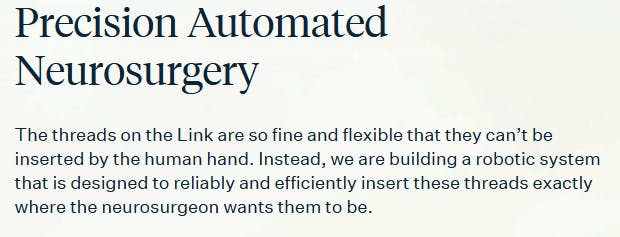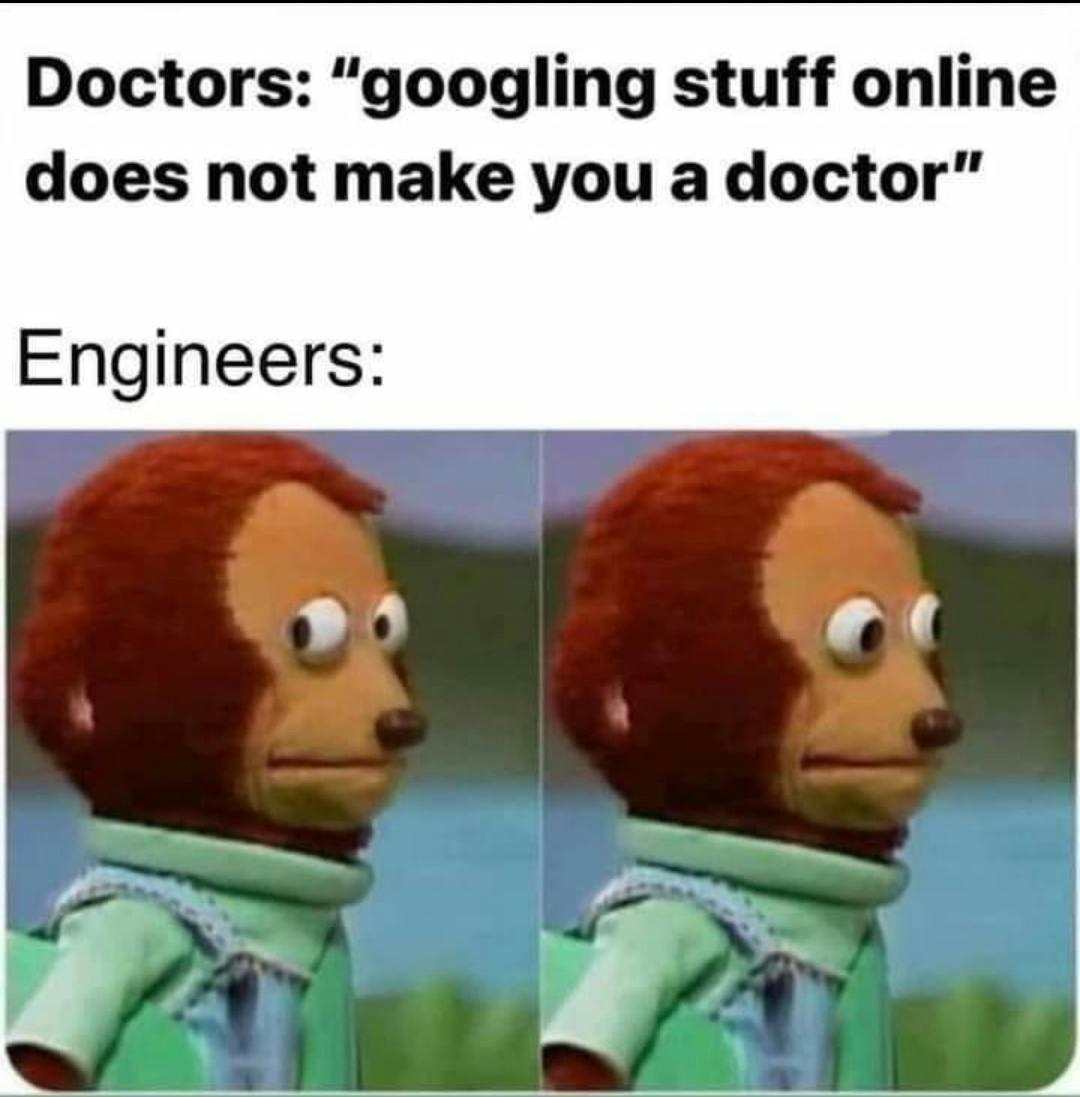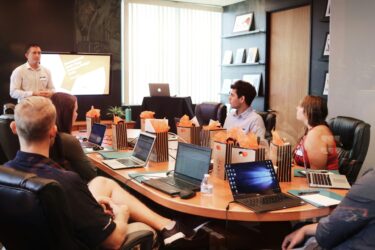Intelligent. Eccentric. Witty. And sometimes, all three. That’s how the internet describes billionaire playboy (and the supposed real-life incarnation of Iron Man) Elon Musk from time to time. However, the HackerNoon team would like to add another adjective to describe the world’s (now) second-richest person: neurosurgeon.
Musk might not be a neurosurgeon in its strictest sense, but his ambition to solve some of the most pressing challenges of humanity meant that it was only a matter of time before he also entered the world of healthcare.
With PayPal, Musk gave the world a convenient way to conduct transactions over the internet; with Tesla, he’s making a case to ditch the auto industry’s love affair with big oil.
SpaceX aims to provide a cheaper way to go to space (and, ultimately, a pathway to Mars). And with Neuralink, well…we’ll let the marketing material do all the talking:

Yes. Musk wants to cure paralysis and a range of other brain-related medical conditions with a “chip” that needs to be fit so precisely, that only robots can do it.

And that’s not all! Neuralink’s__website__ says that the company is also designing a smartphone app that will let you “control your keyboard and mouse directly with the activity of your brain, just by thinking about it,” but only after you allow the company to implant a chip into your brain. As if our smartphones weren’t already invasive enough. 🙄
But more than anything, Neuralink just may represent an attempt by Musk to create the perfect union between engineers and doctors.

One problem, though. Those PESKY regulators in the U.S. just won’t let Musk have his way.
A new report from Reuters reveals that not only has Neuralink been unable to get the U.S. Food and Drug Administration’s seal of approval to begin testing chips in humans, but also Musk’s publicly claimed timeline has been waaaaaaaaaaaaayyyy off the charts. While Musk first claimed in July 2019 that his company would be ready to begin human trials by the end of 2020, his company didn’t actually seek permission from the FDA until early 2022, and that too resulted in a previously unreported rejection, Reuters reports.
Now Musk claims that Neuralink will have the FDA’s approval in Spring 2023, but if his broken promises are anything to go by, it’s unlikely that his company will be able to convince regulators in time for that date period.
Lack of regulatory approval is one of the problems plaguing Neuralink. Another is the company’s management, which can best be described as.. loosey-goosey. So far, it’s unclear who actually runs the company and staffers say that “the working environment [..] while demanding and ambitious, is also loose and disorganized,” Reuters reports.
Neuralink isn’t the only Musk company that’s loosey-goosey. Back at Twitter HQ (oh yeah, Musk also owns a legacy social media company because he wanted to protect free speech. What a guy), we’ve received reports of employees being unable to work because someone shut the internal Slack down, either due to nonpayment or because Musk has turned against the communication tool. We’ll never know. But the same report also points out a list of timelines broken by Musk at Twitter, similar to the ones at Neuralink. It’s fascinating.
Anyway, only one of Musk’s companies was trending in this week’s tech company rankings: Twitter at the #70 spot.
This article was originally published by Sheharyar Khan on Hackernoon.












